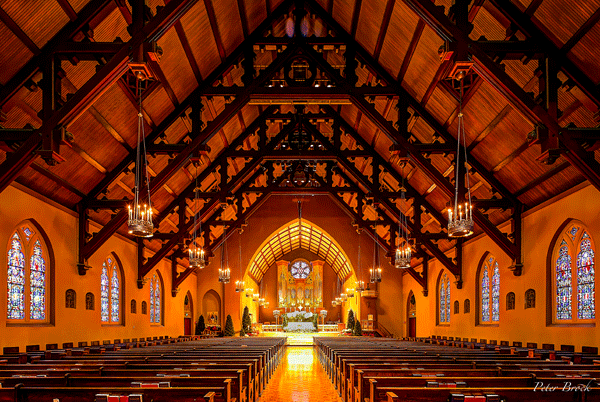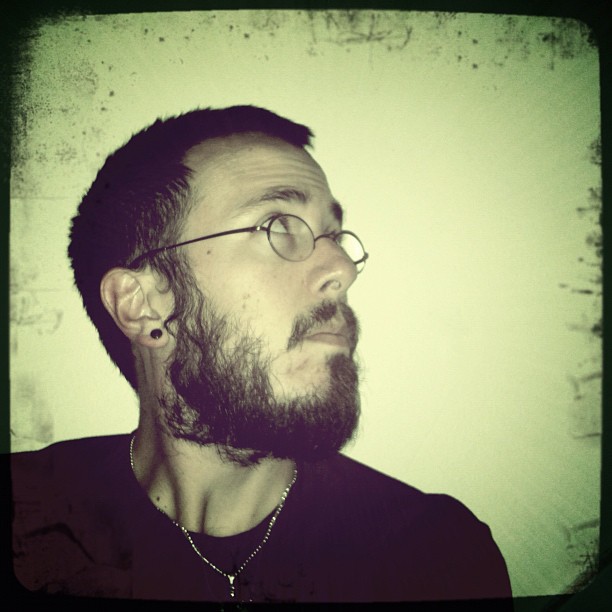Tag: Faith
-

both/and
Dear Sara, I didn’t plan on going to church last weekend. It sort of just happened. I hadn’t been in a very long time, and during my most recent visit I was only barely present. Participation in the service felt a bit like an act of treason. I’d read Pagan writers who said as much. […]
-

Are You There Gods? It’s Me, Teo.
Sometimes I think there’s a good reason for blind faith, religious ignorance, unwavering piety. Sometimes those seem like a much easier choices than being inquisitive, being contemplative, being patient with your own uncertainty. The dialogue around the last post extended deep into the theoretical as well as the practical, even spawning an interesting offshoot post […]
-
Casting Faith
Pagans are so centered around practice. We define ourselves by what we do, not by what we believe (generally speaking). But faith is all about belief, isn’t it? How do we reframe faith as something that you do instead of something that you have?
-
Sincerity in the Face of Drought
When I was a part of the Christian church, I was called to have faith in my beliefs. That faith was offered up as a bit of sustenance to get me through spiritual drought. I’m reminded of that drought now, but what I’m experiencing these days is less an absence of spirit and more an absence of community.

